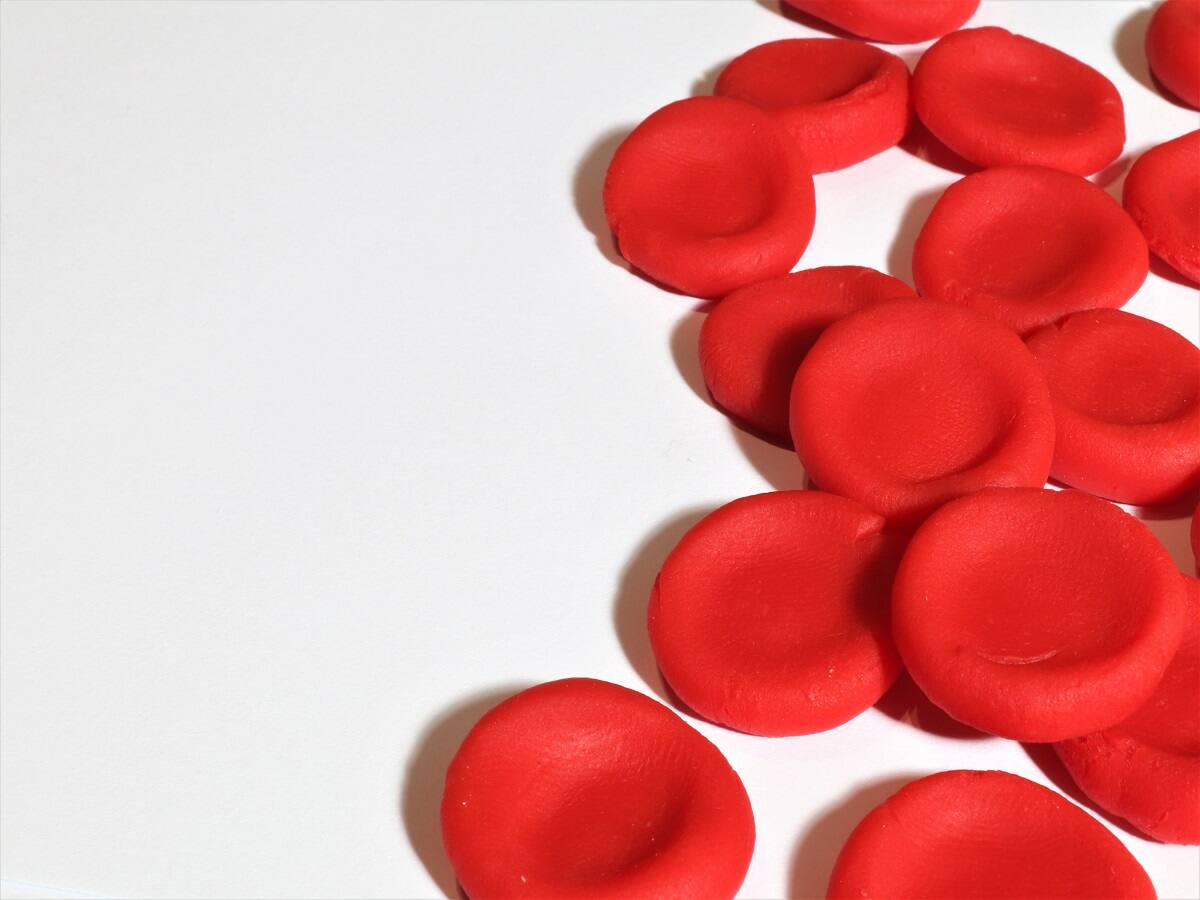 Lab-Made Blood – Two people have been transfused with this blood so far. They are being closely monitored and no side effects have been reported up till now.
Lab-Made Blood – Two people have been transfused with this blood so far. They are being closely monitored and no side effects have been reported up till now.
Shortage of blood products especially during health crises like Dengue and COVID spread has been a topical concern in India and other parts of the world. Unfortunately, blood has not been like other medical products that could be manufactured and sold over the counter. Donation has been the only way out up till now. However, the first-ever trial of lab-grown red blood cells transfused into a human subject has given us hope that blood like other medicinal products can be manufactured in a laboratory.
If the UK trial succeeds then it could revolutionize the treatment being offered to patients suffering from conditions like Sickle Cell Anemia and other blood disorders affecting the rare blood group types. The trial has been a joint venture initiated by NHS Blood and Transplant (NHSBT) and the University of Bristol, working with the University of Cambridge and others.
The trial will be studying the lifespan of lab-grown red blood cells with standard red blood cells taken from the donor and transfused into a recipient. Reportedly, a spoonful of manufactured blood cells is being tested in human subjects for the very first time.
Lab-Made Blood – What will happen in the study?
The focus of the project is on the red blood cells that carry oxygen to all the parts of the body. As reported by an international media outlet, the process will start with a simple donation of blood. A pint of blood will be taken from a donor and magnetic beads will be used to separate potent stem cells that can be transformed into red blood cells. Following this, these stem cells will be grown in large quantities in the laboratory. Reportedly, this process takes three weeks for the red blood cells to be produced. Two people have been transfused with this blood so far. They are being closely monitored and no side effects have been reported up till now. The amount of blood transfused is comparable to a teaspoon, roughly around 5-10 mls.
Minimum of 10 people to participate
As per the study researchers, a minimum of 10 people will receive two mini transfusions in a four-month gap, one of the standard red blood cells taken from the donor and then the lab-generated red blood cells. Another aim of the project will be to study if man-made red blood cells could last longer in blood than the standard red blood cells taken from the donor. As per experts, if the trial succeeds and if red blood cells could be easily manufactured in labs, then it would mean that patients with certain conditions that require frequent blood transfusions will need fewer infusions in the future.
Shelf life of RBCs
RBCs or Red Blood Cells are concave, disc-shaped cells that carry oxygen to various parts of the body. The human body produces roughly 2 million RBCs every second. They usually last for 120 days before they must be replaced. Donated blood usually contains both old and newly formed RBCs that might be at different stages of their shelf life. If the trial works out, then the manufactured blood will only contain newly made RBCs that will live as long as 120 days. This will open the ground for fewer transfusions and less blood shortage in times of health crisis. Home Lab-Made Blood








